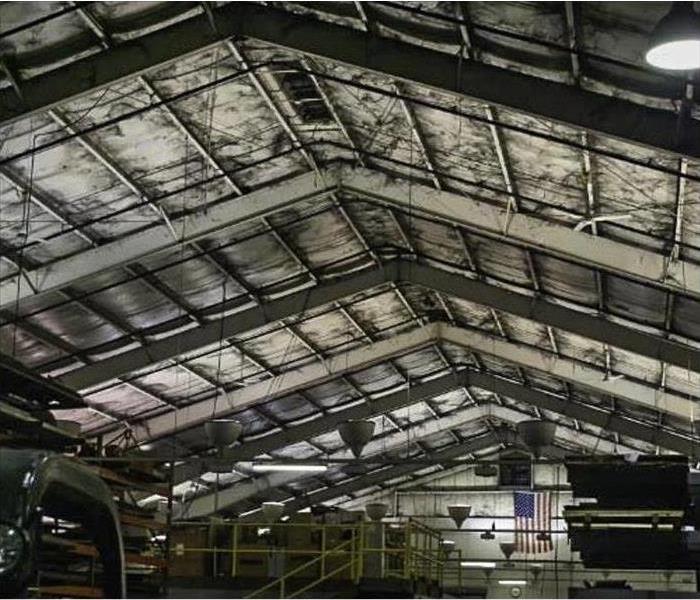Preparing Your Business For an Emergency
6/26/2019 (Permalink)
Preparing Your Business For an Emergency
Most businesses in Eureka, MO, believe they are adequately prepared for an emergency. Smart business owners know that it only takes one catastrophic event, whether a flood, fire, or hurricane, to disrupt operations and permanently close the doors. Therefore, companies should do as much as possible to plan for the unthinkable. The following steps will help make sure you are in a comfortable position to deal with any business interruption.
1. Develop a Detailed Contingency Plan
It’s essential to have a very detailed contingency plan that accounts for all possible events. It should contain a prioritized list of essential business functions and the order in which they should be restored. It should also have the contact information of trusted restoration experts to make sure the company can begin running again as soon as possible.
2. Check Your Insurance
Of course, all facilities need to have insurance coverage for damages. A basic policy will help replace damaged goods or help with fire restoration, for example, but it doesn’t make up for lost revenue while a factory is not running. Interruption insurance is something more business owners are considering. This coverage pays out when normal operations can’t continue due to damage. Interruption insurance often covers not only losses due to the damage, but also slower revenue directly after an issue has been repaired.
3. Disseminate Your Plan
A contingency plan is only good if employees know where to access it and what to do in the event of an emergency. Make sure to ask for feedback, since your employees are experts in the areas that will need to be restored. A call tree, with key decision makers identified, is a good idea to help provide direction in a time that could be chaotic.
Emergency preparedness starts with a contingency plan and covering all potential losses through interruption insurance. The best plans are well thought out and explained to every employee through new hire training and annual reminders. A good plan will leave you with the peace of mind that you are ready for any disaster, and your business will continue to thrive long afterwards.


 24/7 Emergency Service
24/7 Emergency Service
